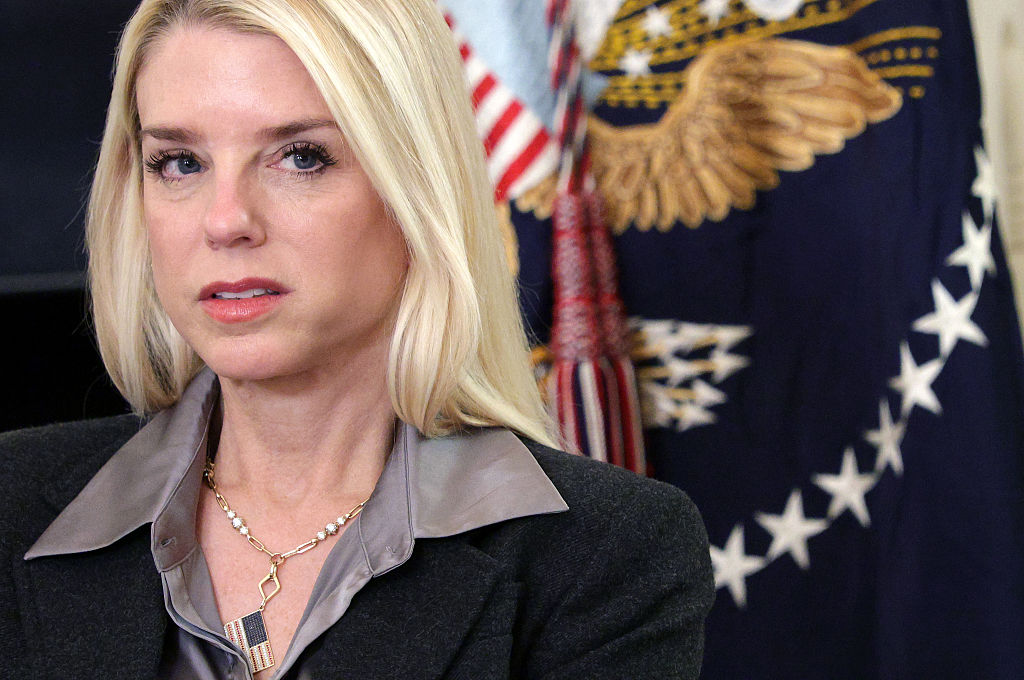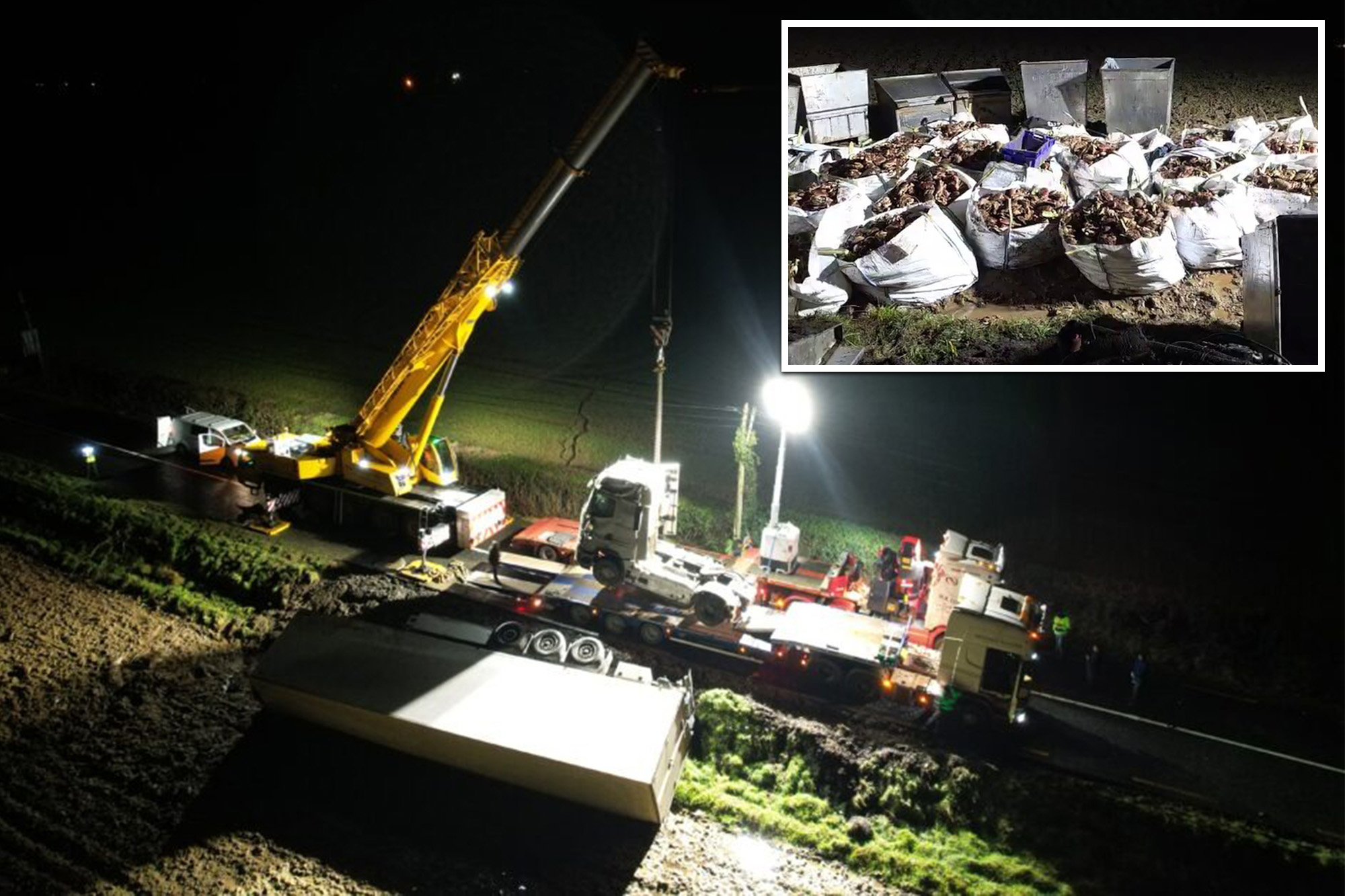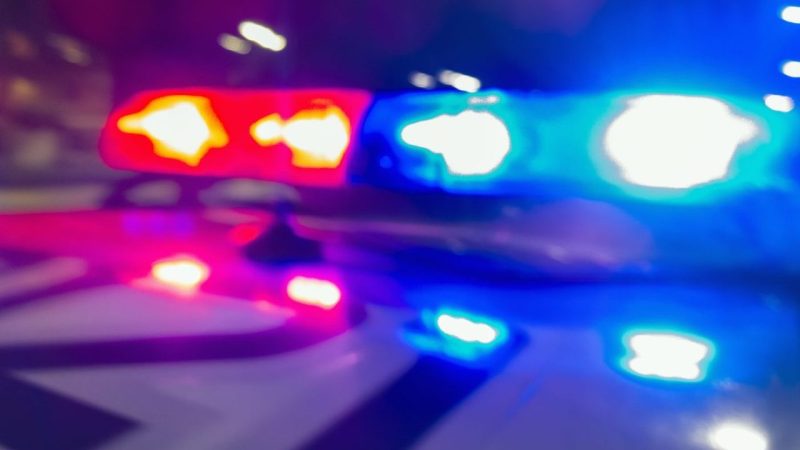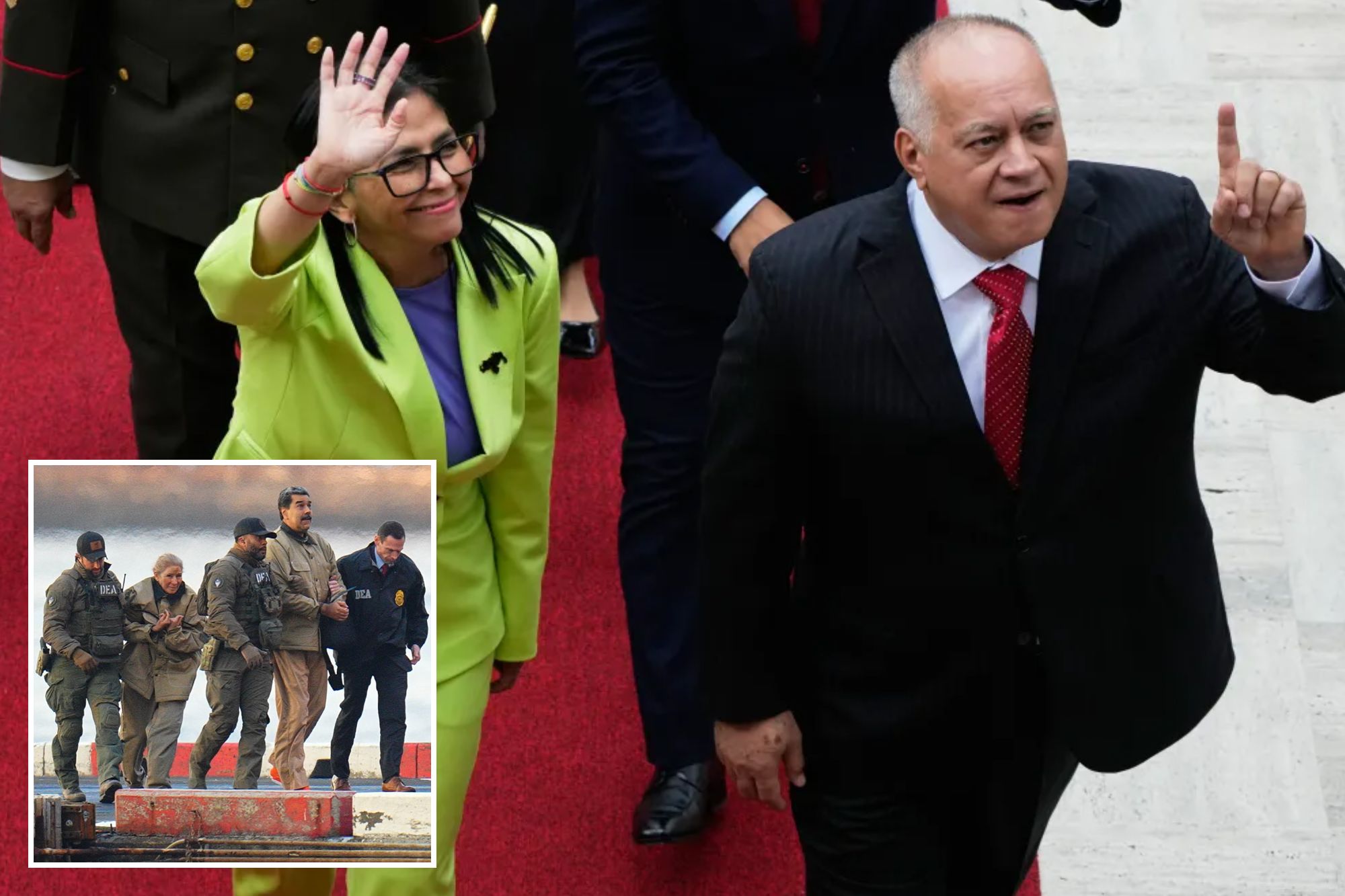The United States Department of Justice (DOJ) will send monitors to polling sites in six jurisdictions, including Los Angeles, Orange, Riverside, Kern, and Fresno counties in California, as well as Passaic County in New Jersey, ahead of the election on November 4, 2024. This initiative aims to ensure transparency and compliance with federal voting-rights laws, according to an official announcement made on Friday.
The deployment of monitors will be overseen by the DOJ’s Civil Rights Division following requests from state Republican parties. These parties expressed concerns regarding adherence to federal statutes. Attorney General Pam Bondi emphasized the importance of transparency at polling locations, stating, “Transparency at the polls translates into faith in the electoral process, and this Department of Justice is committed to upholding the highest standards of election integrity.” She further assured that the DOJ would allocate the necessary resources to guarantee fair and transparent elections.
The DOJ characterized the monitoring as part of its enforcement of federal civil rights protections, specifically the Voting Rights Act and related laws. Civil Rights personnel will be available to address complaints and coordinate with U.S. Attorney’s offices. Critics, however, have raised concerns over the potential implications of this move, suggesting that the presence of federal monitors could intimidate voters in predominantly Democratic areas, especially amidst ongoing debates regarding a significant redistricting measure in California.
Local voting-rights organizations have described the monitoring as unnecessary and have pointed to the historical context surrounding such actions. While the practice of deploying federal observers dates back to the enforcement of the Voting Rights Act of 1965, it has traditionally focused on areas with documented patterns of discrimination. The current situation is notable because the deployment is occurring at the behest of political parties rather than as a result of a court order.
As November 4 approaches, the visibility and actions of the federal monitors could determine whether their presence reassures voters or exacerbates partisan tensions. Observers are keen to understand not only the legal implications of this initiative but also its political consequences. Will federal oversight bolster public trust in election outcomes, or will it further entrench the perception that the electoral process is fraught with conflict?
The upcoming election will be a critical test of these dynamics, as the federal government navigates its role in state-run elections.







